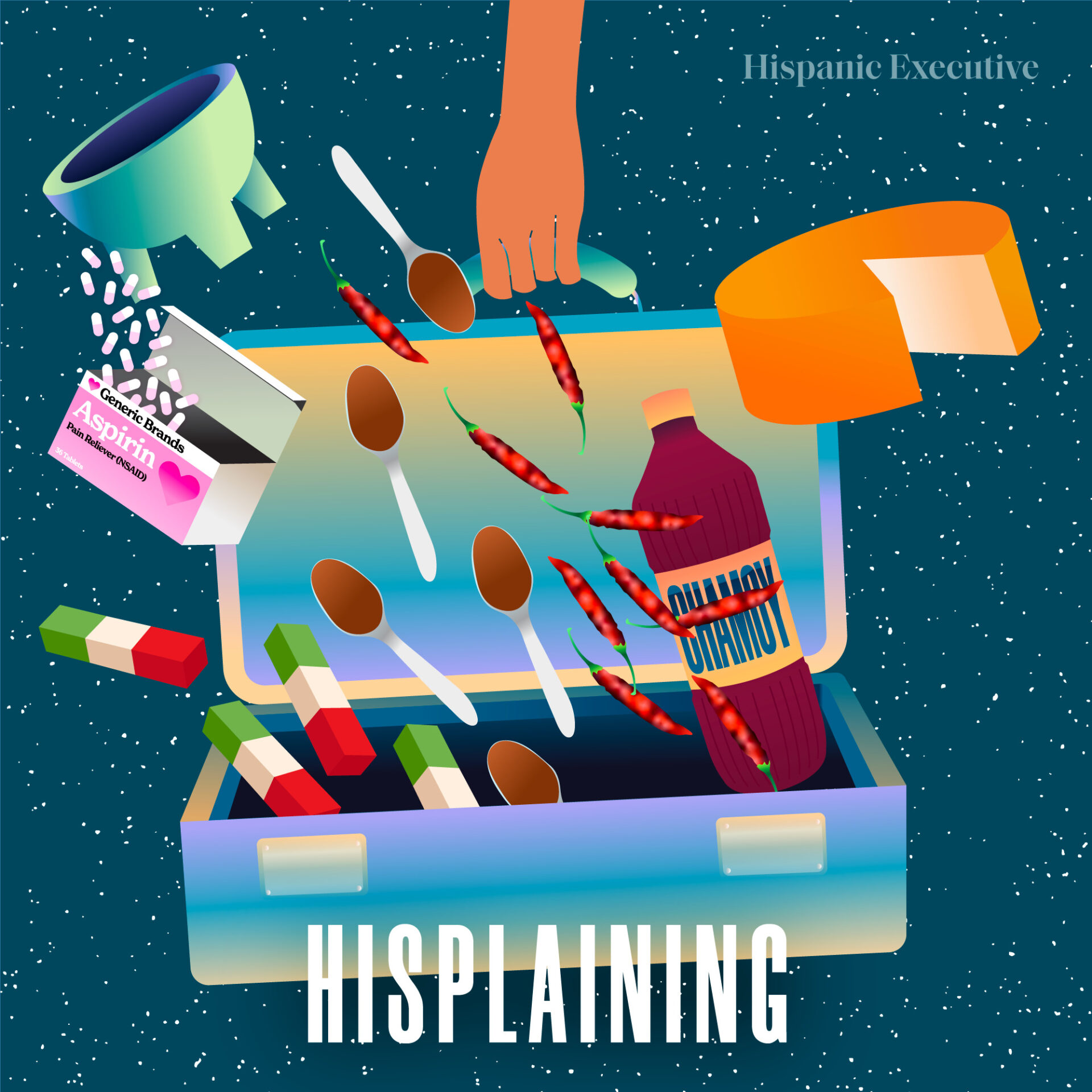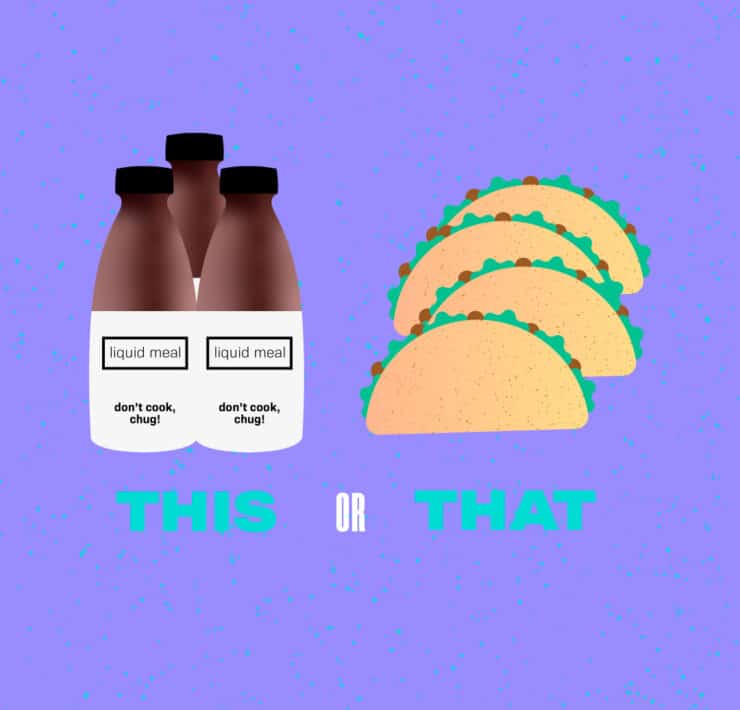
|
Getting your Trinity Audio player ready...
|
If you are an average Latin American like me, one who travels between the US and your native country, you will need no further explanation when you hear the words encargo or encarguito. It’s the “special something” your abuela, vecinos, or friends of friends ask you to bring them from the other side of the border, something without which—they assure you—they wouldn’t be able to survive. Also, it matters not where the receiver is located, whether in another city or state, encargos always find a way.
Encargos come in many shapes and forms and range from the somewhat reasonable ones (a box of US-made aspirin) to the truly outrageous ones (a nine-pound molcajete). The latter will invariably force you to check your baggage at the airport, pony up some precious dollars in excess luggage fees, and add an hour of waiting at the airport baggage carousel when you arrive at your destination.
WARNING: Before you ask this writer to stop scribbling nonsense and to bring you a few liters of Valentina sauce while she’s in Mexico, please remember this column was conceived to be handled with a serious dose of humor.
What Exactly is an “Encargo”?
Most Spanish-English dictionaries will translate encargo as an order of some sort, but they are less of an order and more of a favorcito (a little favor). Though this style in which the encargo is communicated could be described as somewhat passive-aggressive, the encargante (the person asking for said errand) tends to disarm you by being super cute.
“Oh, m’ija, if it’s not too much of a bother, mind bringing me some boxes of CVS Aspirin? The Mexican ones just don’t do it for me,” my tía used asked every time I was going back from New York to visit family in Mexico City.
The same goes with our loved ones living in the US who, upon hearing that I’m returning from Mexico, always ask if I could “pleeeease” bring back alguito (a little something) from home: Mexican candy, chamoy, corn husks, and that nine-pound molcajete I mentioned earlier. Apparently, the molcajetes sold in the US hail from China and are just not as good at smashing their fancy avocados.
Noncompliance can be a social minefield resulting in exclusion. “You don’t get invited to the quinceañera,” one of my Twitter followers said. So, if your tía asks you to carry a twenty-kilo bag with stuff for your cousins, just shut up and do it.
Encargos for the Soul
I usually don’t mind encargos, as long as they remain within the bounds of reason and I suggest my readers do the same. I have been on the receiving end of potentially risky and even illegal encargos.
When I lived in Santiago de Chile several years ago, I remember asking my mom—as she got ready for her first visit to the South American country—to please, PLEASE, please bring back some jícama. The delicious turnip is native to Mexico and unavailable in the Southern Cone, but I digress. I knew she wouldn’t mind stuffing a few jícamas in her bag to please her faraway daughter. Little did we know she could have been slapped with thousand-dollar fines and even faced prison time given Chile’s strict fruit and vegetable importing regulations. Ay!
The problem with encargos is that they’re often not just cumbersome (like a bucket of Pollo Campero fried chicken or a fifteen-pound smelly cheese from Chihuahua) but they’re also hard to say “no” to, especially because they almost always come from a beloved relative or close friend who just wants a little piece of home. Saying “no” to their nostalgia is not an option.
So as I embark on a new work adventure that will require frequent travel between CDMX and NYC, please know that I won’t mind taking “orders” from both sides of the border. Just keep them reasonable and hopefully small, por favorcito?
Stay tuned for Laura Martinez’s next Hisplaining column, which will tackle other key biz terms and jargon and help leaders everywhere smoothly navigate the multicultural business world. In the meantime, send us tips and ideas for other terms and jargon that you’d like to see us feature.
And remember: Don’t panic . . . it’s just his-PANIC!







